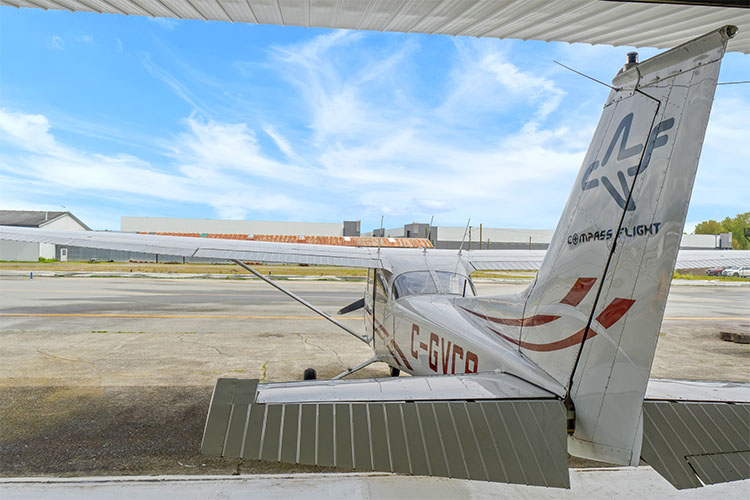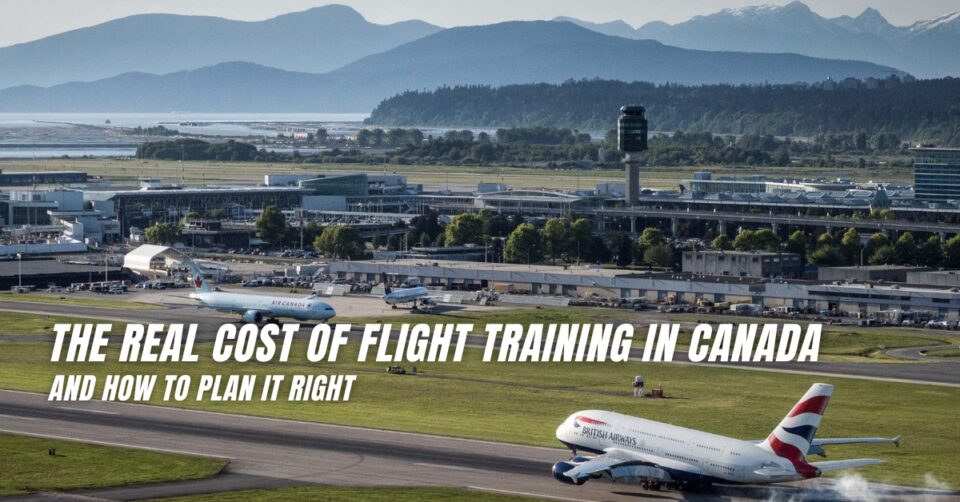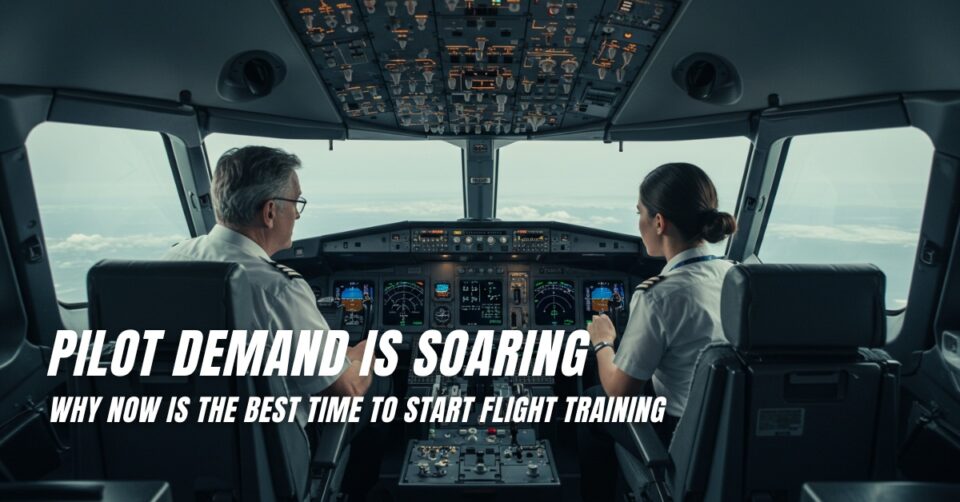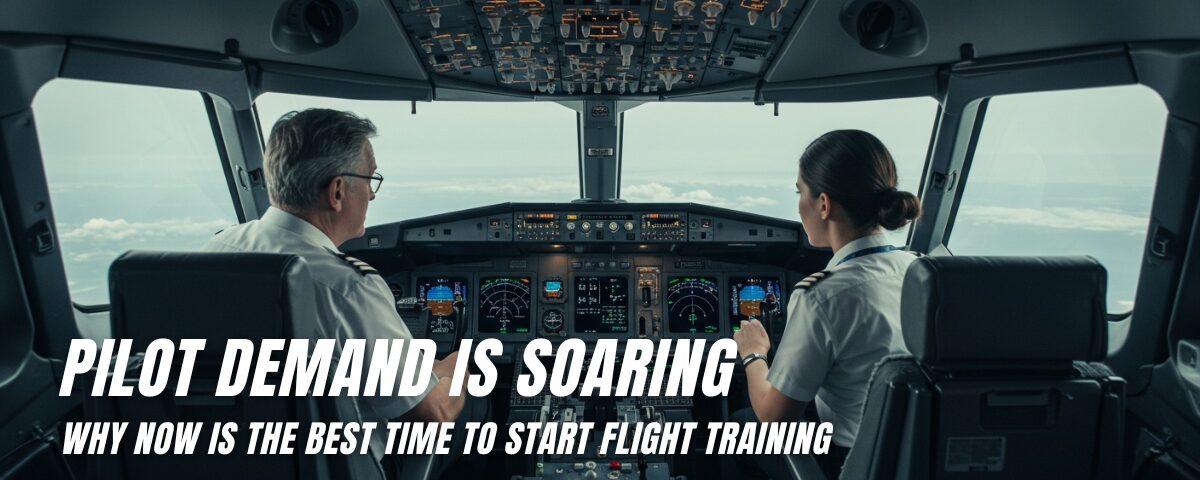
Beyond the Basics – Why Earn Your Multi‑Engine Rating and Instrument Rating (IFR)
26 June 2025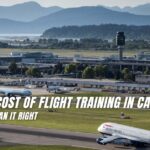
The Real Cost of Flight Training in Canada and How to Plan It Right
25 August 2025Pilot Demand Is Soaring: Why Now Is the Best Time to Start Flight Training
The aviation industry is experiencing a boom, and the demand for new pilots is higher than ever. With airlines hiring aggressively and a global pilot shortage making headlines, there’s never been a better time to pursue your dream of flying. In Greater Vancouver and Calgary, many aspiring pilots are seizing this opportunity and beginning their flight training journeys.
In this post, we’ll explore why right now is the ideal time to start flight training – from the surging pilot demand and industry hiring trends, to the advantages of training during the spring and summer, and how Executive Compass Flight Institute (ECFI) supports students from earning their Private Pilot License (PPL) all the way through to a commercial aviation career.
Soaring Demand for Pilots Worldwide
Multiple industry forecasts reveal that pilot demand is truly soaring. Boeing’s latest Pilot and Technician Outlook projects that North America will need over 125,000 new pilots by 2040, with similar needs echoed globally (over half a million new pilots in the next 20 years). This surge is driven by a perfect storm of factors:
-
Wave of Retirements: A significant portion of current airline pilots are approaching retirement age (65 in many jurisdictions). In fact, nearly half of today’s pilots are expected to retire within the next decade, creating tens of thousands of job openings.
-
Rapid Industry Recovery: Air travel has rebounded strongly after the pandemic, with passenger numbers climbing back to or even exceeding pre-2020 levels. Domestic markets have fully recovered and international travel is not far behind, fueling the need for more flights and more pilots.
-
Growth of Air Travel: Long-term growth in air travel, especially in emerging markets, means airlines will continue adding new routes and aircraft. Boeing anticipates the global fleet will more than double by the early 2040s, and every new airplane needs trained crews to operate it.
-
New Regulations: Changes in regulations can also increase pilot demand. For example, updated flight duty time limits by Transport Canada require airlines to schedule more pilots to cover the same flying, effectively raising staffing needs. Such safety regulations, while beneficial for work-life balance, further heighten the urgency to train new pilots.
All these factors contribute to what one Canadian aviation symposium termed “the highest pilot demand in history.” Without action, Canada alone could face a shortage of about 6,000 pilots within the next 20 years. In broader North America, some analyses predict a shortfall of nearly 30,000 pilots by 2032 if current trends continue. The industry is responding by actively encouraging new trainees – Transport Canada and airlines are partnering on cadet programs, attracting foreign students, and providing more funding opportunities to boost pilot training enrollment.
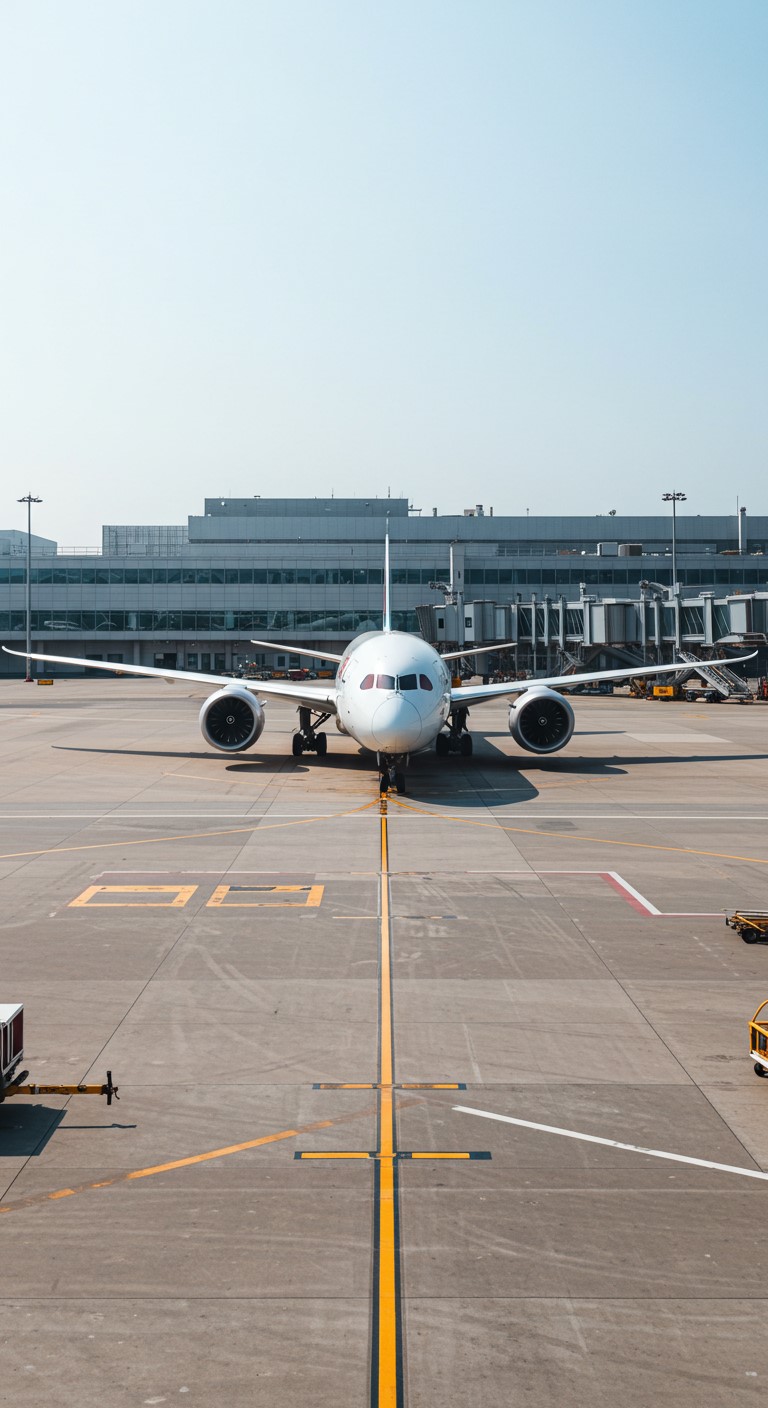
Airlines on a Hiring Spree
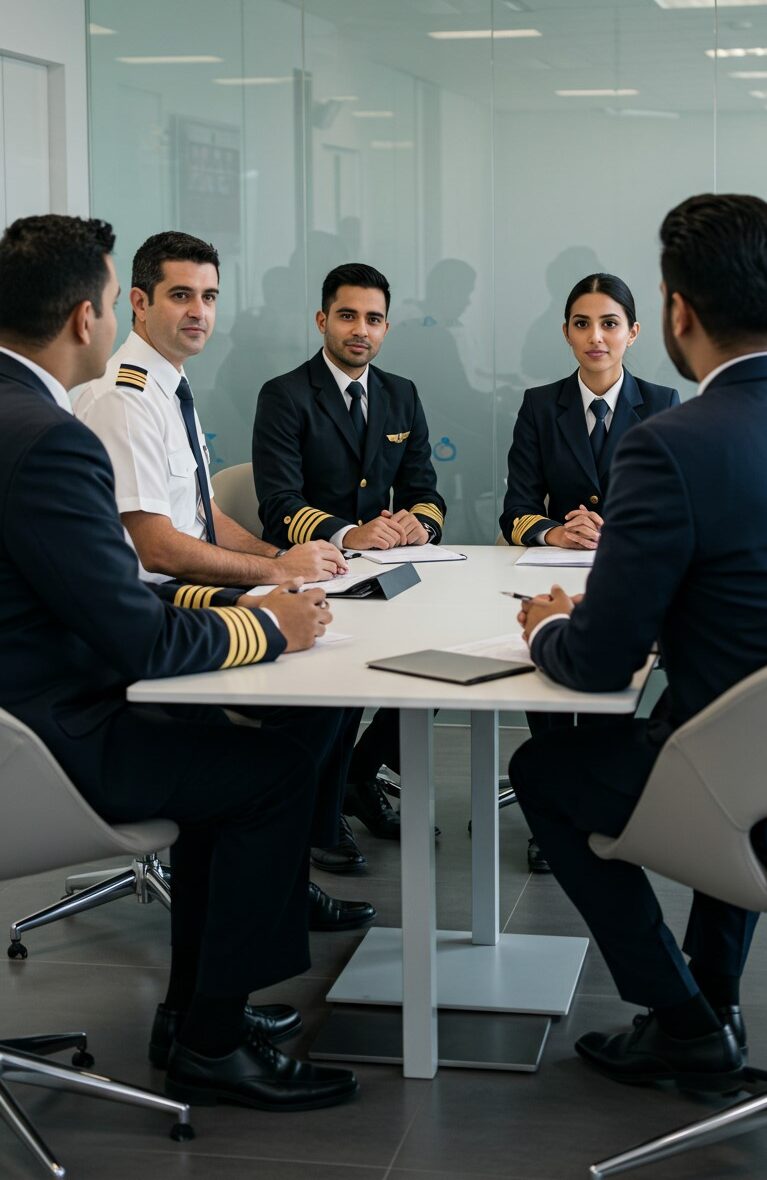
Airlines are hiring at rates not seen in decades. To replace retirees and support growth, major carriers have announced ambitious recruitment plans:
-
Airlines such as Air Canada, WestJet, and other regional carriers have also ramped up hiring since 2022. They are opening more pilot positions and even recruiting internationally to ensure they have enough crew for upcoming schedules. Some Canadian airlines have launched cadet training pathways, creating direct pipelines from flight school to the right seat of an airliner.
-
The competition for qualified pilots has led to significantly improved pay and incentives. Industry analyses report airlines offering dramatic pay raises – some pilot salaries have climbed over 50% in just the last couple of years as airlines vie for talent. Better working conditions, signing bonuses, and quicker promotion opportunities are now common as airlines strive to attract and retain pilots.
-
Job security in aviation has also strengthened. After the downturn in 2020, most airlines are now reluctant to furlough pilots even during minor slowdowns, knowing how hard it is to replace them. For those entering training now, this means a more stable career outlook upon graduation.
Simply put, airlines need new pilots, and they need them fast. By the time you earn your commercial pilot license and build the required flying hours, the hiring environment is likely to be even more favorable. Many industry experts foresee the pilot shortage lasting well into the 2030s, which means starting your training today puts you on track to fill one of those high-demand cockpit seats in a few years.
From Private Pilot to Airline Captain: Time to Get Started
Becoming a professional pilot requires dedication and meeting rigorous Transport Canada licensing requirements, but the path is well-defined – and our flight school will guide you every step of the way. In Canada, you’ll typically progress through these milestones:
- Private Pilot Licence (PPL): This is your first pilot license, allowing you to fly single-engine aircraft for personal/recreational purposes. Transport Canada requires a minimum of 45 hours of flight training for a PPL (most students take around 60-70 hours to build all necessary skills).
- Commercial Pilot Licence (CPL): A CPL lets you fly for hire or reward. A minimum of 200 hours total flight time is required, along with advanced training in instrument flying, night flying, and cross-country navigation.
- Ratings and Advanced Training: Depending on your goals, you may add an Instrument Rating and a Multi-Engine Rating. These qualifications are essential for airline pathways.
- Airline Transport Pilot License (ATPL): This is the senior license required to captain an airliner. You’ll need around 1,500 hours and meet additional experience criteria.
You don’t become an airline pilot overnight, but with consistent training, you can progress from zero experience to a fully licensed commercial pilot in two to three years. After that, the sky is truly the limit.
Seasonal Advantages: Why Start Flight Training Now?
Now is an ideal time of year to begin your flight training, especially in Canada. Starting during the spring and summer months offers several benefits:
Better Weather & Longer Days
In Greater Vancouver and Calgary, late spring and summer bring more reliable flying weather and longer daylight hours – perfect for early morning or late evening flights.
Smooth Learning Curve
You’ll build foundational stick‑and‑rudder skills in calm winds and clear visibility—ideal conditions for mastering take‑offs, landings, and basic maneuvers without the added stress of turbulence or low ceilings.
No Winter Hassles
Training in warmer months means far fewer cold‑weather disruptions. Less downtime translates into more productive hours in the cockpit, faster syllabus completion, and lower overall training costs.
Enjoy the Scenery
Summer landscapes in BC and Alberta offer vibrant, scenic flying – with distinct ground features that make navigation training easier.
Getting a head start now can give you strong momentum. You’re more likely to complete your program faster and with fewer cancellations.
Why Choose Executive Compass Flight Institute in Vancouver & Calgary
When pursuing a pilot career, the flight school you choose matters. Executive Compass Flight Institute (ECFI), with training centers in Greater Vancouver and Calgary, is dedicated to providing top-quality flight education. Here’s what sets our program apart:
-
Comprehensive Training Programs: From PPL to CPL and advanced ratings, our structured curriculum helps you meet Transport Canada standards and prepares you for real-world aviation.
-
Experienced Instructors: Our team offers personalized instruction and mentorship to guide your aviation journey.
-
Modern Fleet and Facilities: Our aircraft are maintained in-house to the highest safety standards. Both our Pitt Meadows and Springbank bases feature modern classrooms and flight simulators.
-
Local Climate Benefits: Pitt Meadows offers mild, year-round flying conditions, while Springbank provides clear skies and exposure to diverse airspace – including proximity to mountain flying.
-
Career Support: We track airline hiring trends and support graduates with career guidance, networking opportunities, and interview preparation.
At ECFI, we’re invested in your success – not just in training, but in launching your aviation career.
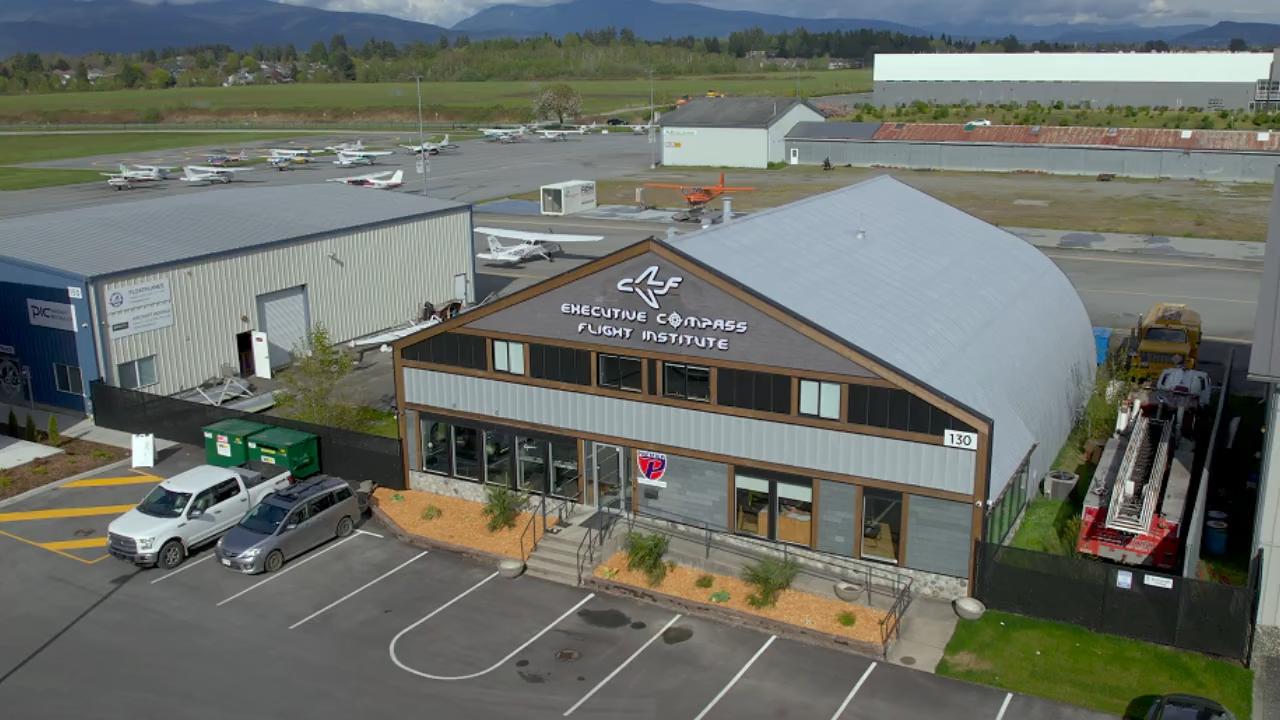
Take Off on Your Pilot Journey Today
Pilot demand is soaring, and so are the opportunities for aspiring aviators. Whether you’re dreaming of recreational flying or aiming to become an airline captain, now is the best time to begin your flight training.
At Executive Compass Flight Institute, we offer the resources, expertise, and environment to help you succeed. With dedicated instructors, modern equipment, and campuses in two of Canada’s best aviation locations, we’re ready to help you take off.
Start your journey today – and be ready for the opportunities ahead.

